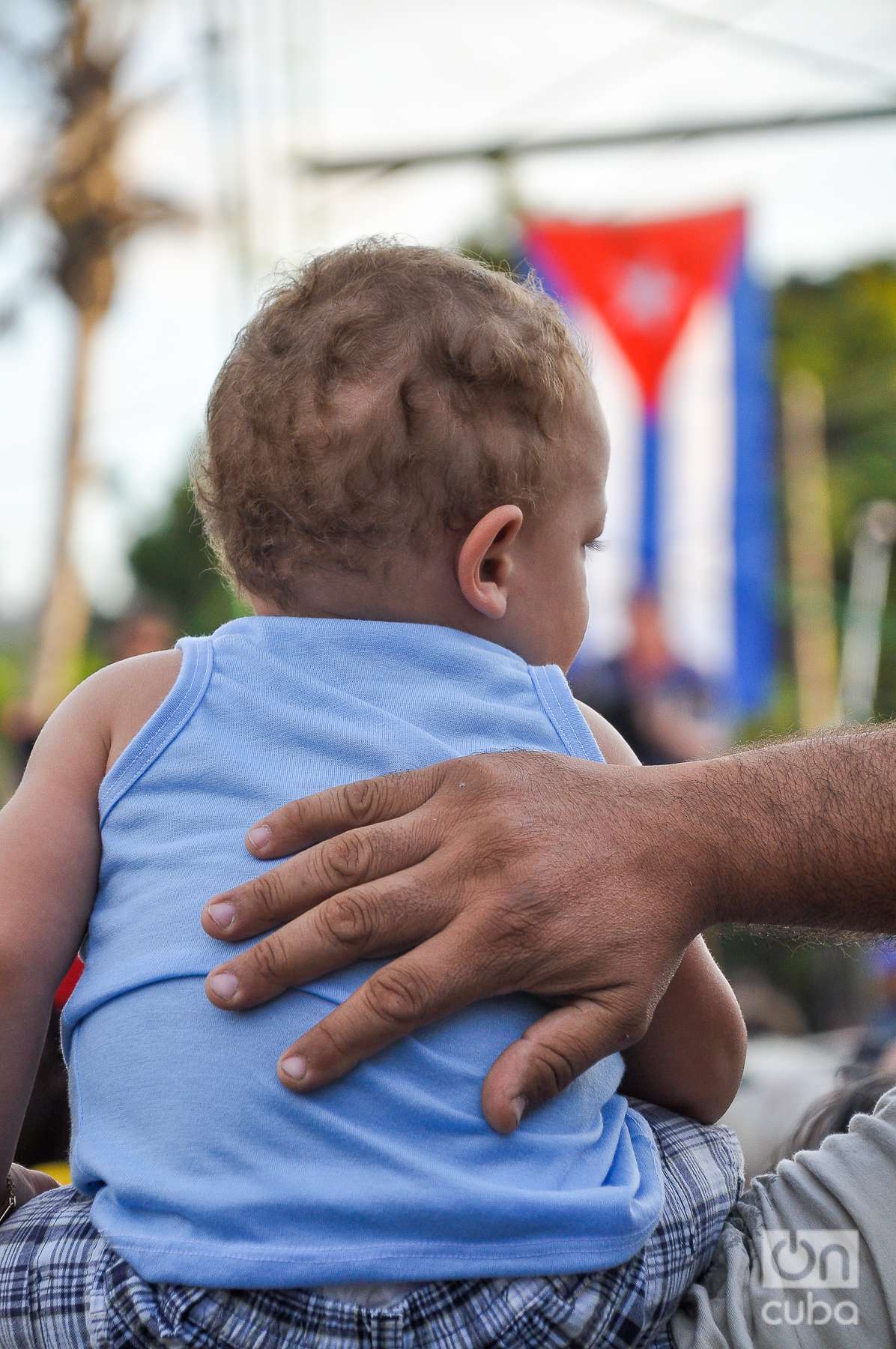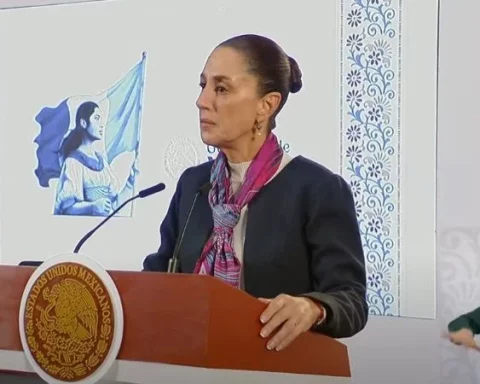Parenting is an attitude that takes root step by step. Something like a newspeak that recounts the effort to do things differently, break structures, produce alternatives, complement, grow in the social role of parenthood, with their neighbors on their backs. Another severe jolt to the patriarchy.
It is not by chance that it is a term that is dismissed, questioned or denied in some spaces. It is, for the moment, presented as one of those “inventions” of “these people” who have nothing to do, referring to people who fight for rights and equality.
Paternar accounts for the evolution, happily accelerated, from the authoritarian father to the participating father; passing from father-punishment to father-caress; leap from father-rigor to father-affection; break of the dour father before the comrade father.
Perhaps the essence of the term is there, where the condition of being a father is to love. This transitive verb (culturally speaking) implies the masculine presence, of all men, not only fathers, in raising offspring. Responsible, caring, respectful, knowledgeable; essential conditions to grow and develop in love.
Parenting supposes, as a process full of contradictions, undoing the (sometimes exclusive) binomial of the feminine and the masculine in love. It means dethroning a supposed and invariable natural condition to love in them; and in them a tense condition of loving as learning. It is to bring the affections closer to the human condition, more than to the vested clothing of gender.
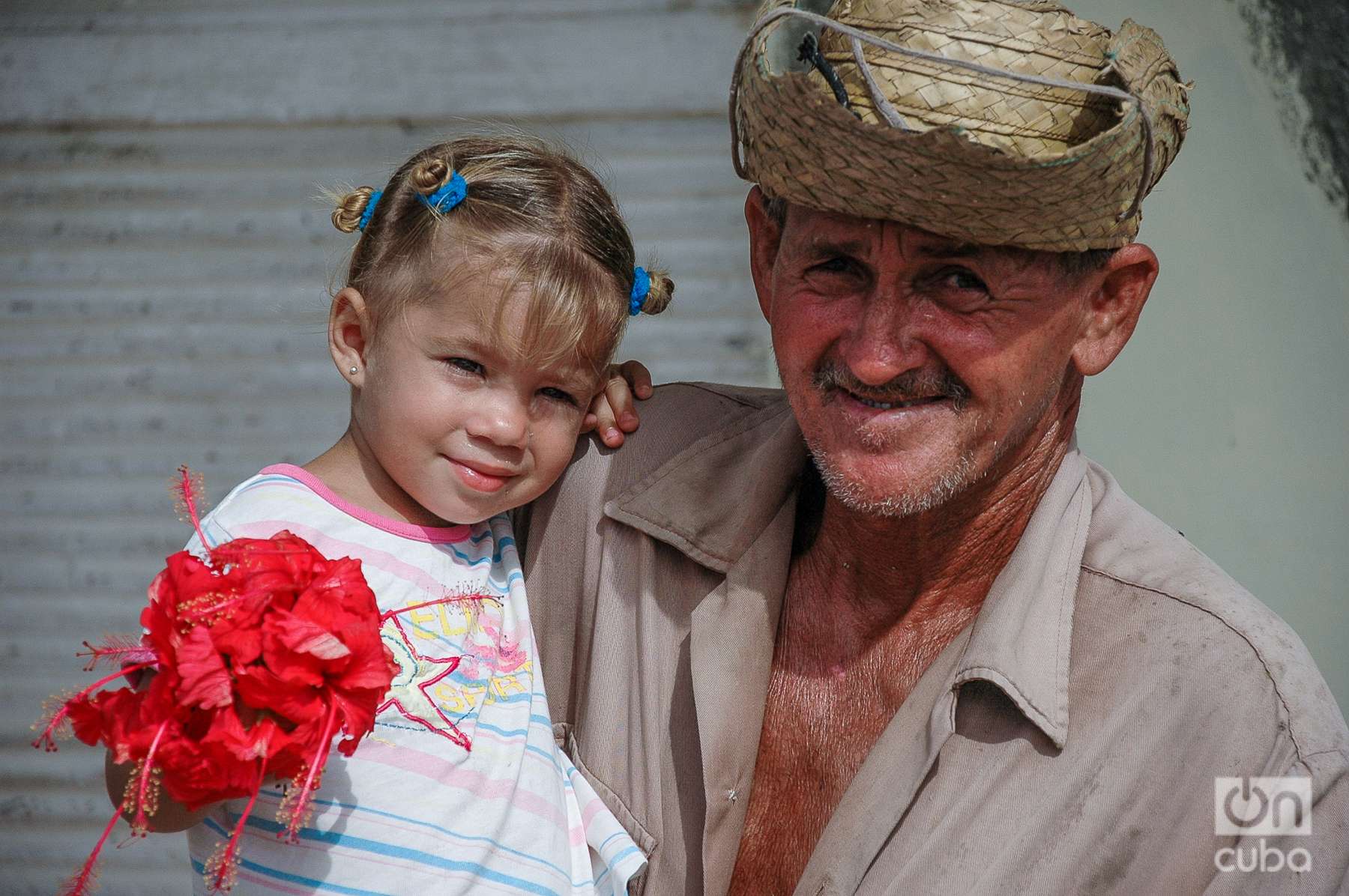
Essentially, paternity is a cultural, ethical, aesthetic fact that defines the capacity for self-growth and self-development in the condition of being a father. The ability to assume the conscious transformation of relationships and behaviors related to paternity and patriarchy.
The political-affective option that it supposes must be accompanied by a broader redefinition of love, encompassing a critique of Western culture in general, and the dynamics of Capital, in particular. Defiant, at the same time, of understandings and attitudes about affections.
Eric Fromm, German psychoanalyst and Marxist, analyzed that love is an art, just as living is. According to his understanding, if we want to learn to love we must proceed in the same way as we would with any other art: theory and practice.

Fromm notes how people in our culture, despite their obvious failures, only rarely try to learn the art of loving. It seems paradoxical to him that, despite the deep yearning for love, success, prestige, money, power are more important.
Such a paradox is manifested in that, for the majority, the problem of love consists fundamentally in being a loved person, and not in the own capacity to love. From this perspective, the problem of love is that of an object and not that of a faculty.
Palternating goes through the search for that faculty, not only in relation to offspring, but with the entire social fabric. It goes through deconstructing their own learning, by assuming, in a complementary way, the process, also of growth and subversion, that maternity entails.

Love is an activity, not a passive affection. Its active character implies giving, not receiving. And it implies other basic elements: care, responsibility, respect and knowledge.
Care is especially evident in the love of a mother and father for their offspring. No declaration of love would seem sincere if the boy or girl is neglected, if food, hygiene, and physical and psychological well-being are stopped. You believe in love if care is seen.
Fromm is lapidary when affirming that love is the active concern for life and the growth of what we love (sons and daughters, friendships, partner, projects, nature). When such active concern is lacking, there is no love.
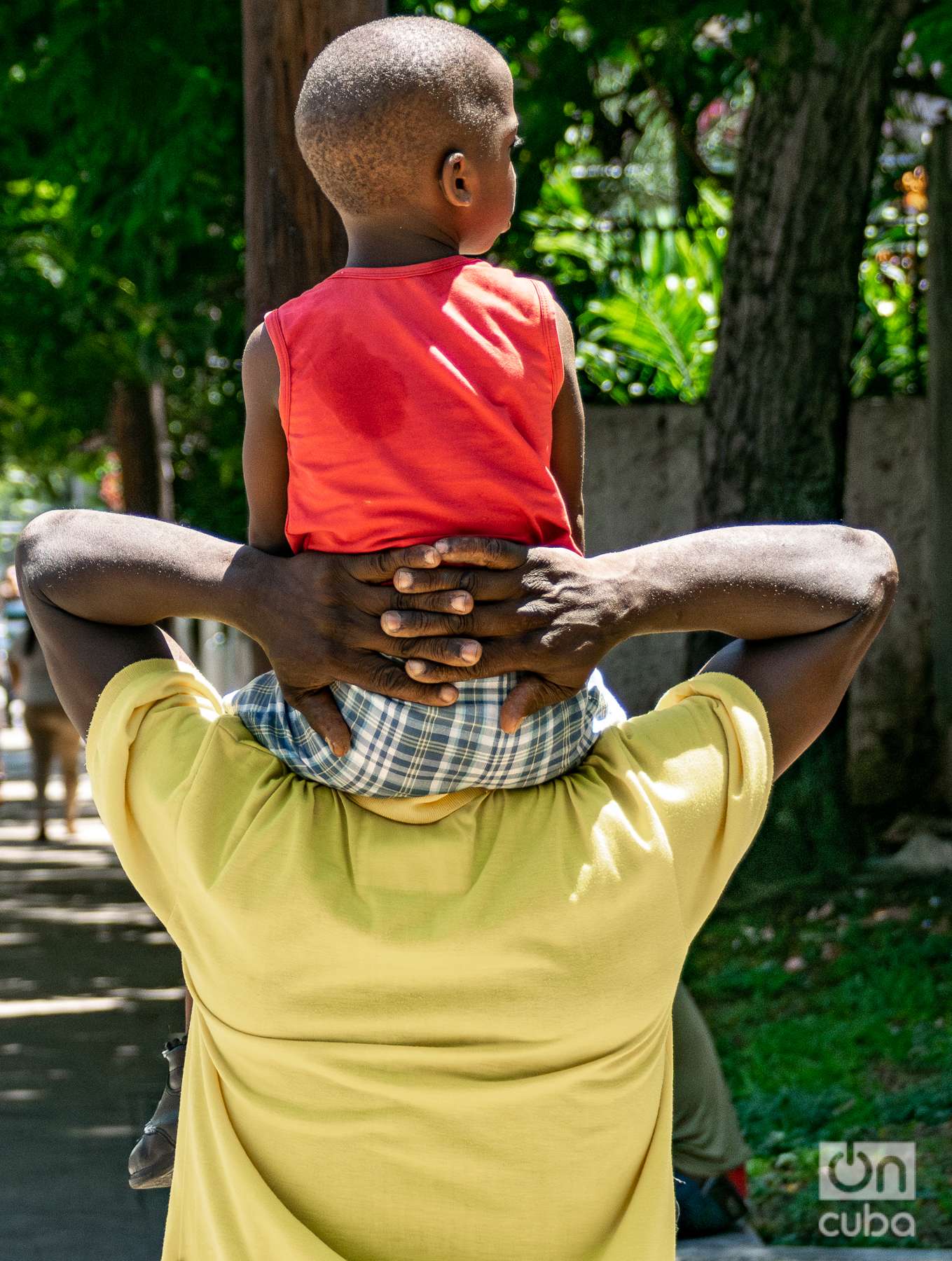
The essence of love, thus understood, is to work for something and make it grow, which derives from responsibility. This, in its true sense, is a voluntary act. Being responsible means being ready and willing to “respond” to the physical and mental needs of the other person.
Responsibility could degenerate into domination and possessiveness, were it not for a third component of love: respect. This means caring for the other person to grow and develop as he is, in the way that is his own, and not to submit or to be used. Fromm is lapidary, once again, when he says that respect only exists on the basis of freedom.
Respecting a person without knowing them is not possible. The constitutive knowing of love is transcending concern for oneself and seeing the other person on their own terms.
Fromm illustrates it in that it can be known that a person is angry, even if they do not show it; but you can get to know it even more deeply; knowing that his anger is the manifestation of something beyond; see her as a person who suffers and not as an angry person.
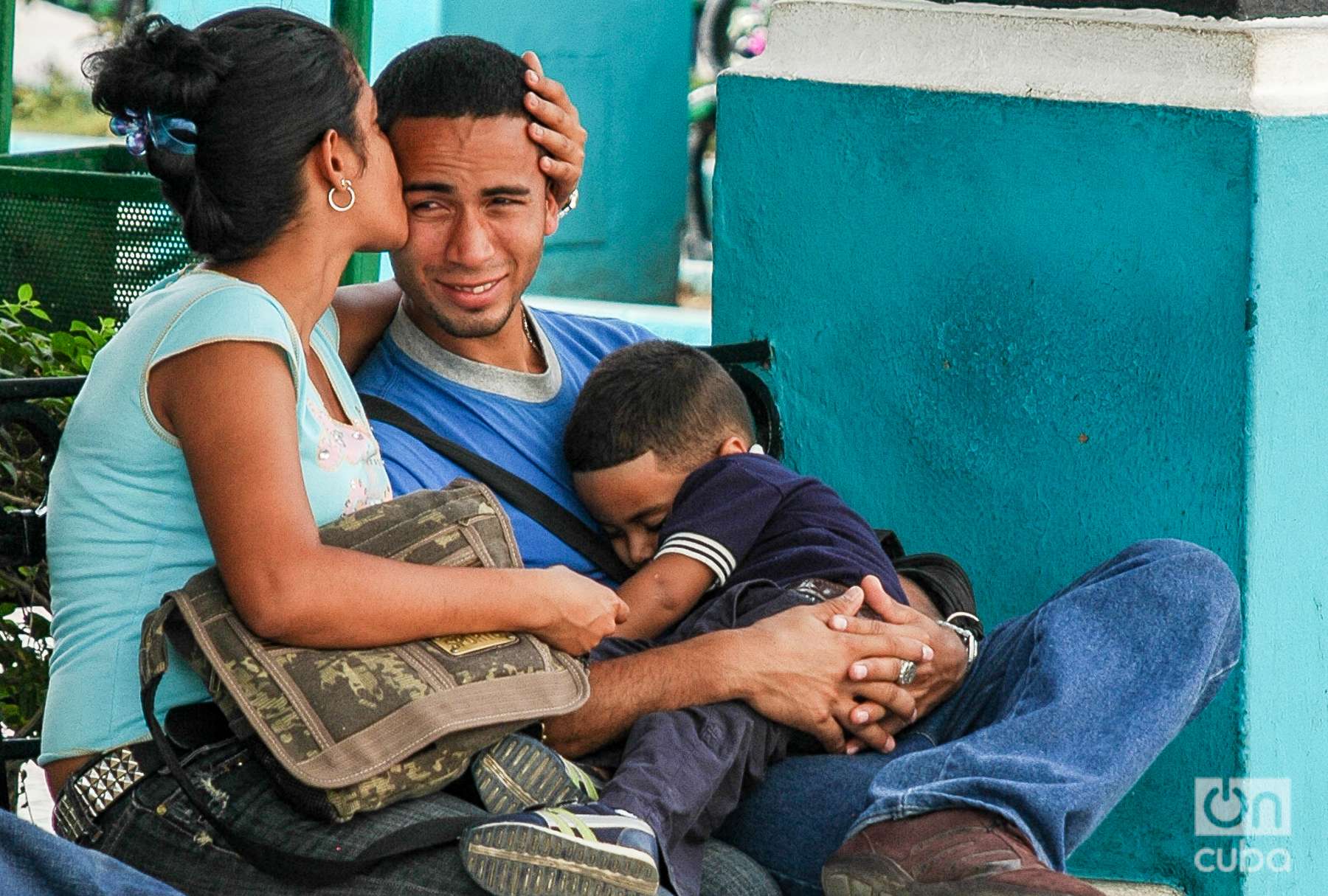
Love is activated in the other person, and in oneself. In the act of delivering. I find myself, I discover myself, I discover ourselves, I discover the human being (or what is achievable to know about that mystery).
You must know the other person and yourself, objectively, to be able to see their reality or, rather, to put aside the illusions, the distorted images of both. Only by objectively knowing a human being, and oneself, is it possible to know the ultimate essence in the act of loving.
Loving is process and learning. Even after being born, Fromm tells us, the infant does not recognize objects, is not yet aware of itself or of the world as something outside of it. External reality, people and things make sense to the extent that they satisfy or frustrate the internal state of the body.
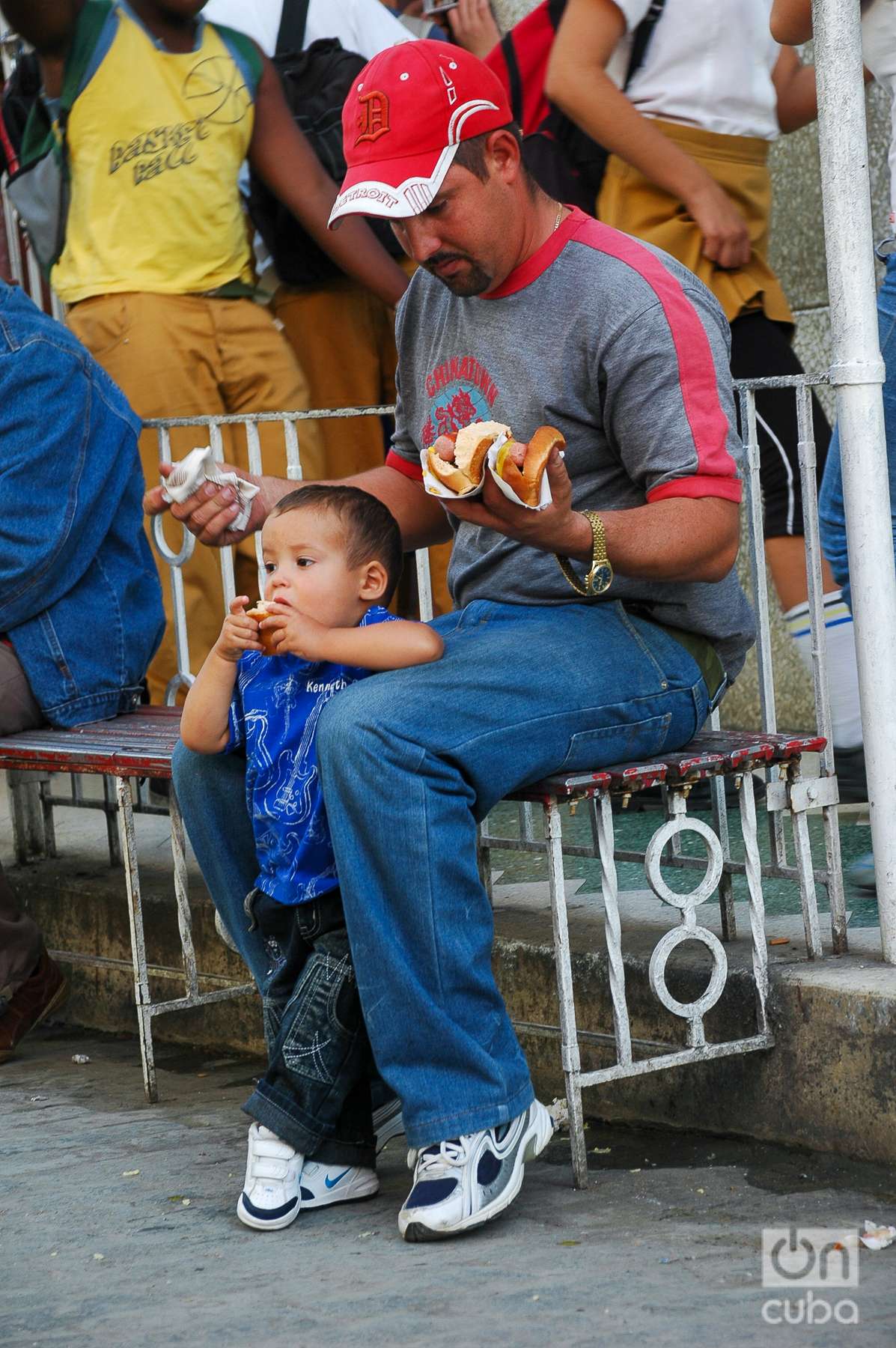
When the boy and the girl grow and develop, they become capable of perceiving things as they are, as different entities, of perceiving many other things as having their own existence. All these experiences are crystallized or integrated into the experience “they love me.” They love me for who I am or, perhaps more accurately, they love me because I am.
For most boys and girls, a few years later a new feeling of producing love through one’s own activity appears. For the first time they think of giving something, of producing something, a poem, a drawing. For the first time, the idea of love is transformed from being loved to loving, to creating love. Many years elapse from that first beginning to the maturity of love.
In this process, in ideal terms, Fromm condenses, child love follows the principle “I love because they love me.” Mature love obeys the principle: “they love me because I love”. Immature love says “I love you because I need you.” Mature love says “I need you because I love you.” I consider it a step beyond the formula of the German psychoanalyst: “I love you because I don’t need you”.

Parenting is part of the greater challenge that implies unlearning and learning the forms of love, entrenched and reproduced for a long time. It entails an ethical, cultural and relational responsibility. It is to assume in an attitude of honesty, courage in some cases, and humility, that love is an attitude, a character orientation that determines the type of relationship of a person with the world as a whole, not with an “object” specific love
Parenting is a seed from which another type of social/affective relationship sprouts. It humanizes, roots and enriches the condition of a father by assuming responsibility for his peers as for himself. Parenting implies directing the art of loving proposed by Fromm, assuming that if I can tell someone “I love you”, I must be able to say “I love everyone in you”, “through you I love the world”, “in you I love myself too.”
